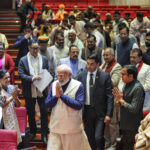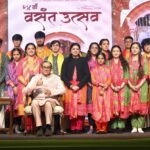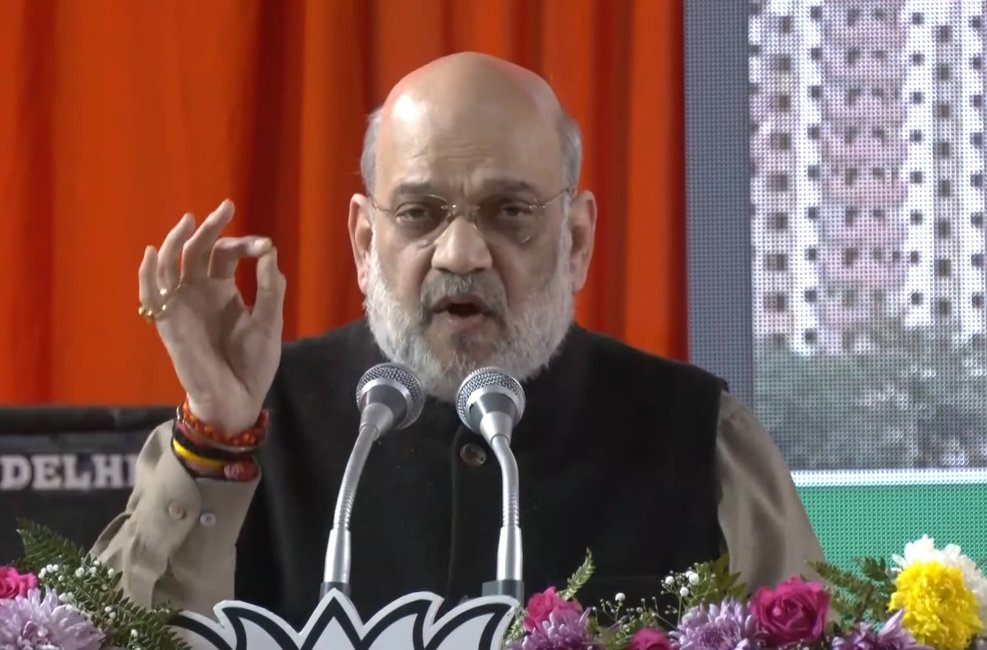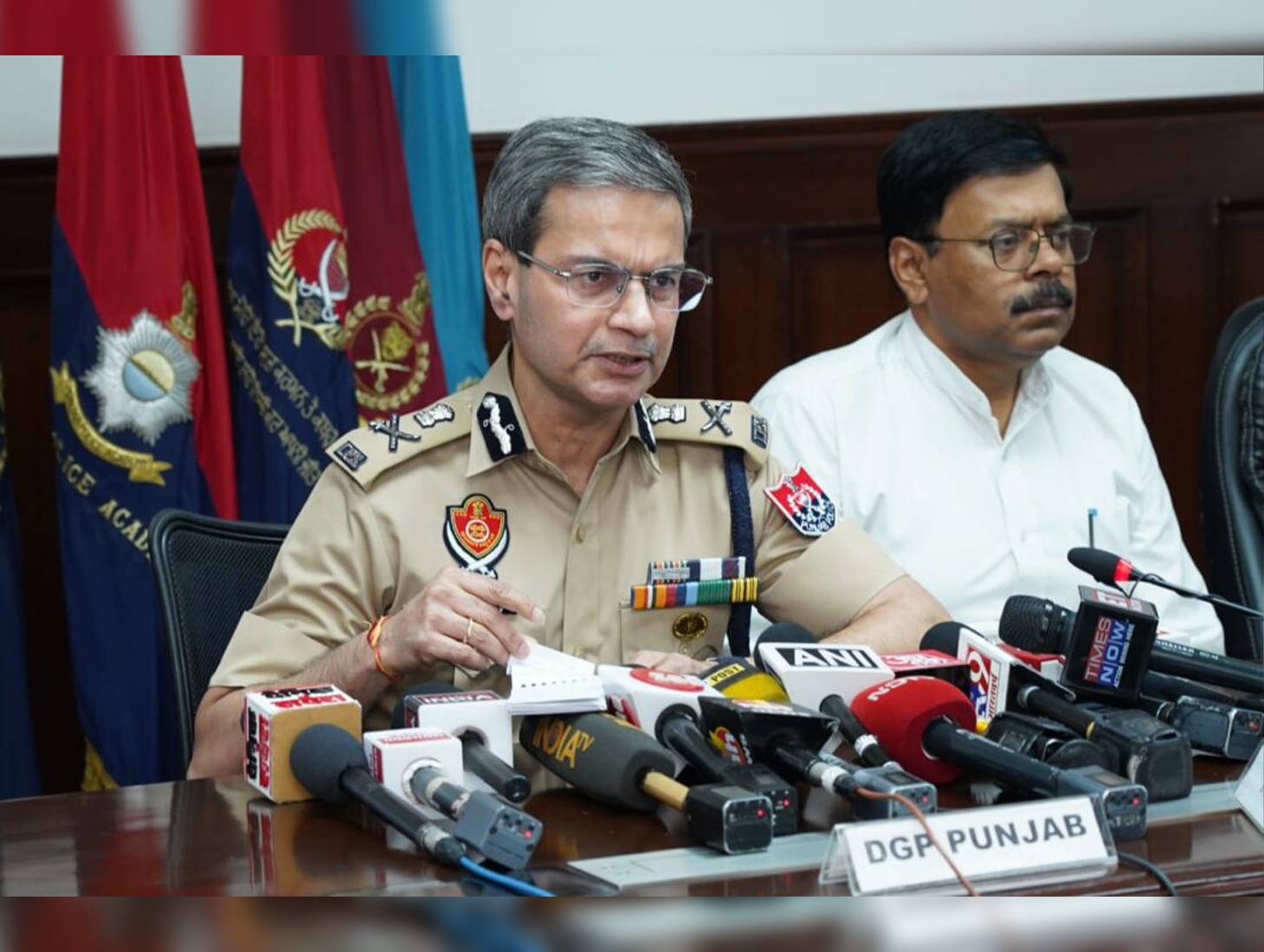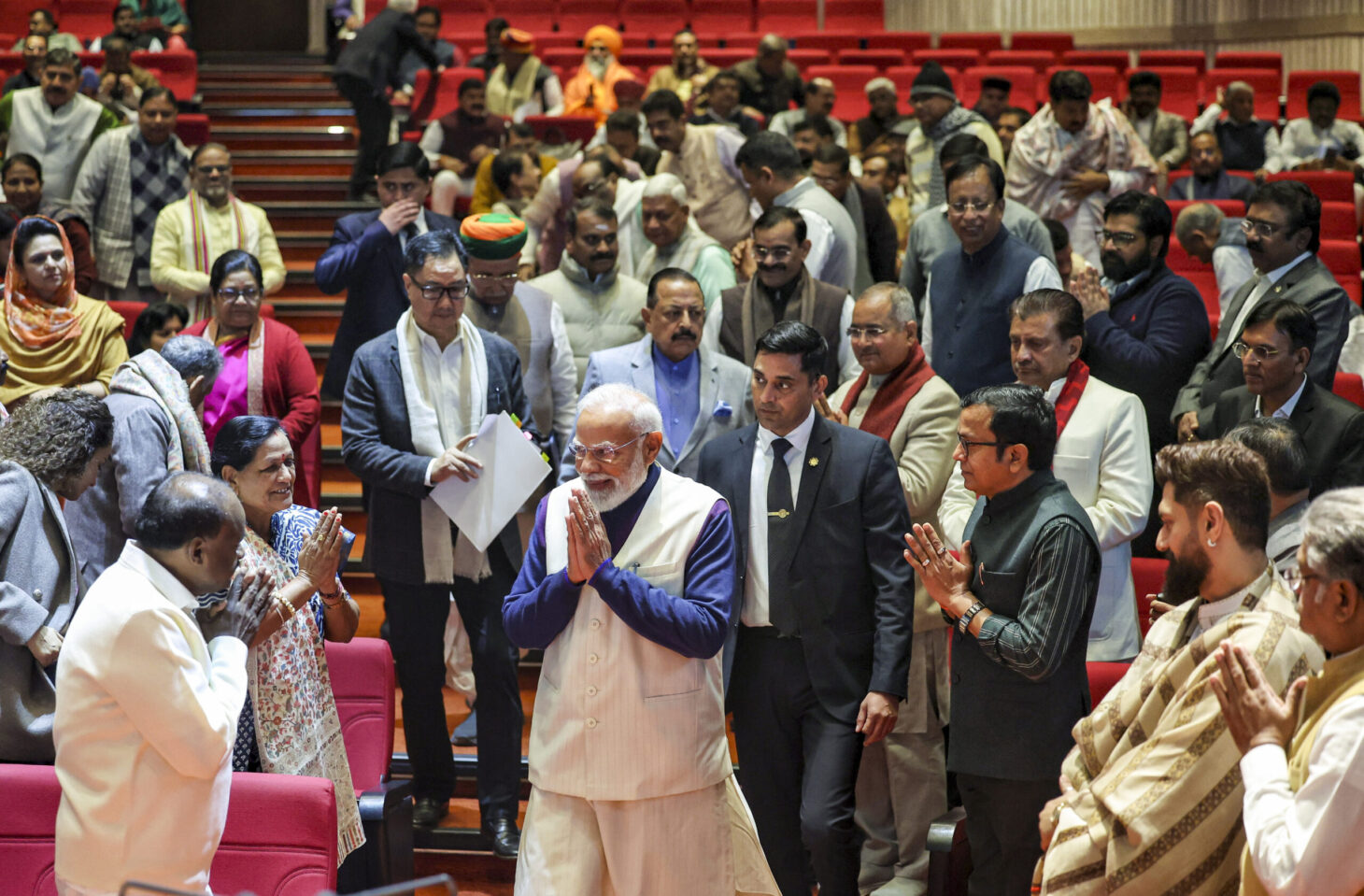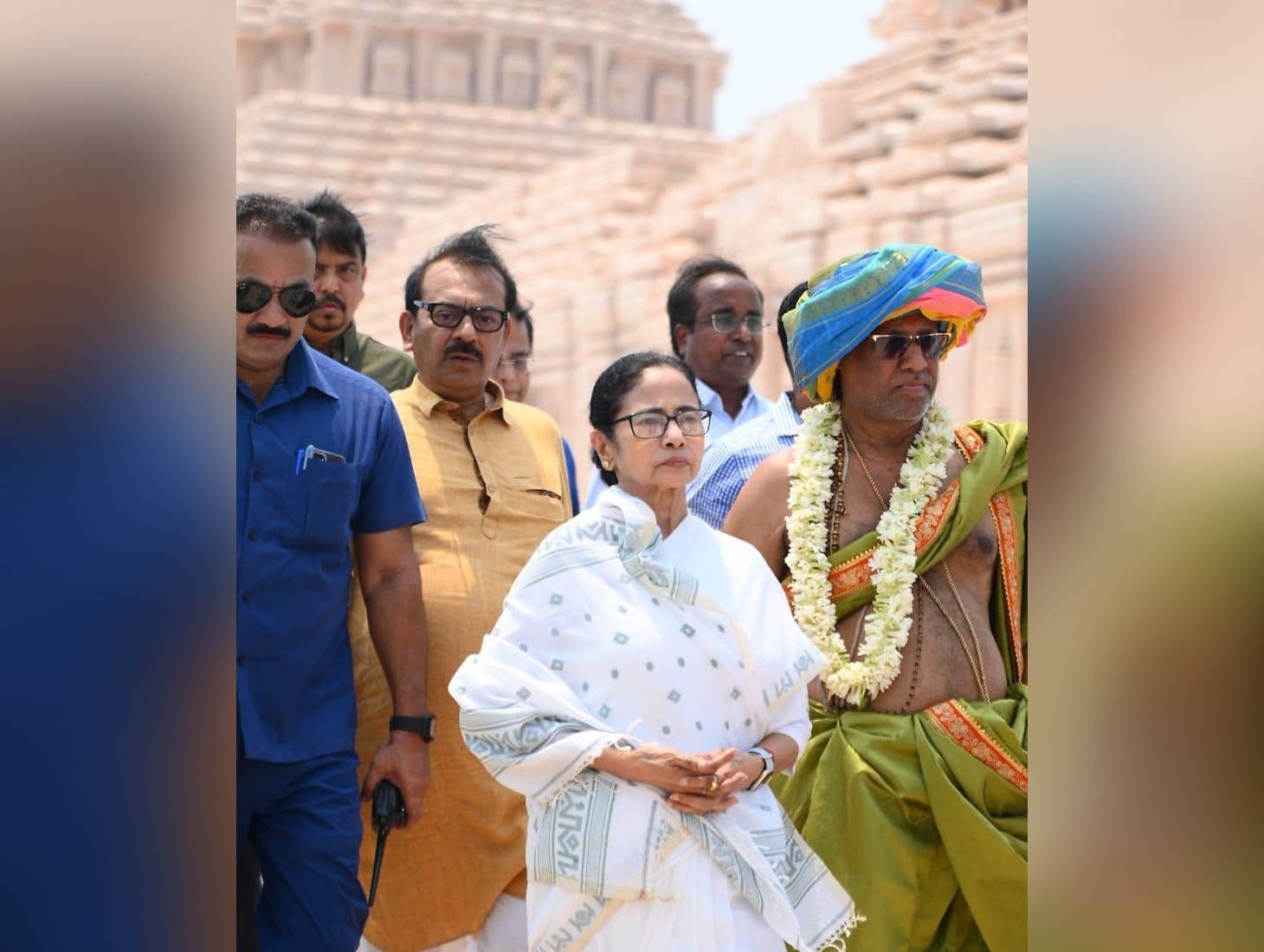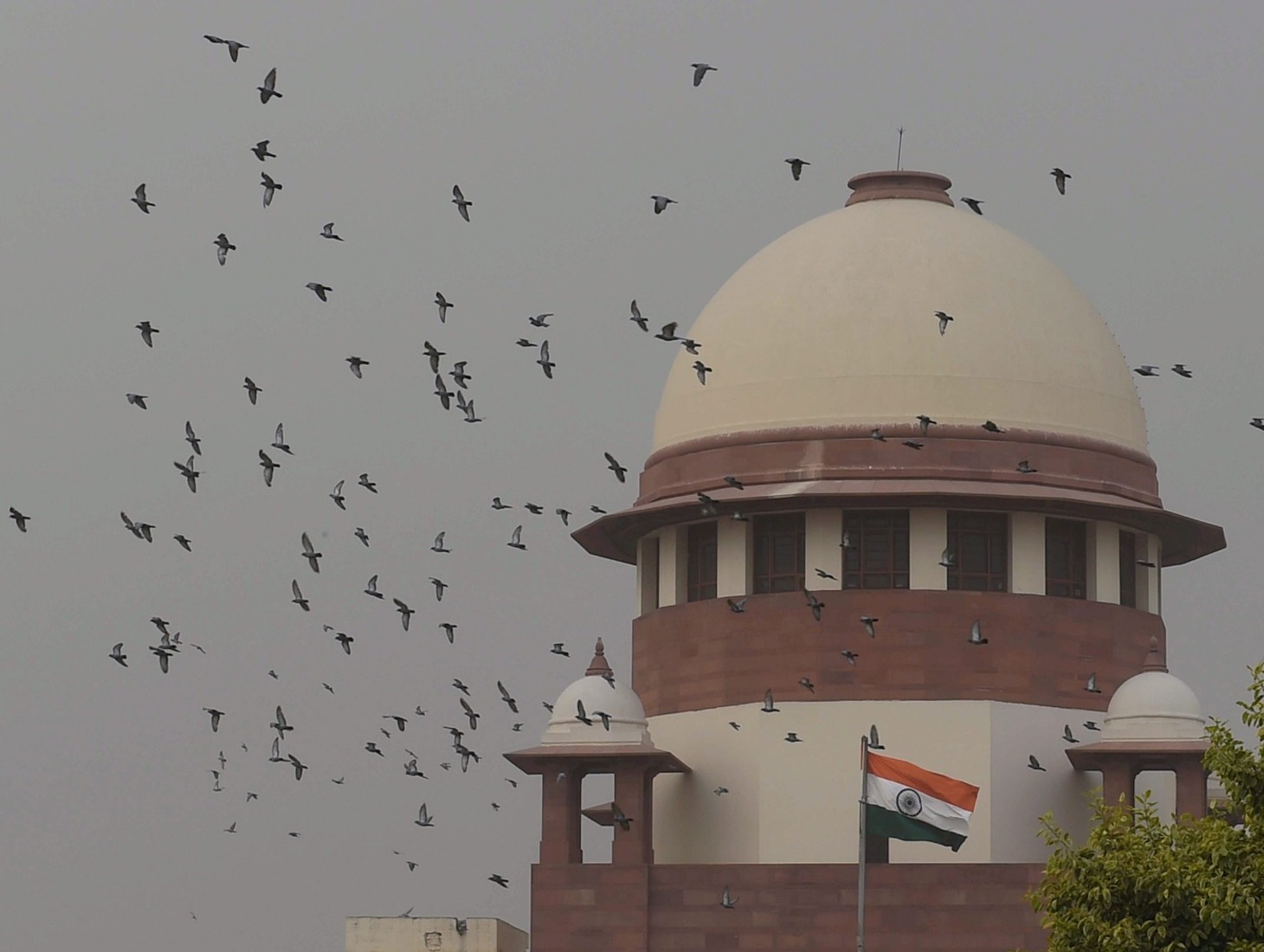North News
New Delhi, January 25
The Bharatiya Janata Party (BJP) on Friday unveiled its third manifesto for the upcoming Delhi Assembly elections, promising 50,000 jobs for youth, Rs 10 lakh life insurance, and Rs 5 lakh accidental insurance for gig workers if voted to power. Union Home Minister Amit Shah, releasing the manifesto also pledged to clean and develop the Yamuna River in Delhi, inspired by similar projects in Gujarat.
Shah criticised Delhi Chief Minister Arvind Kejriwal’s administration, accusing it of making false promises and failing to deliver. “In my political career, I have never seen such a liar. Kejriwal’s government makes promises, fails to deliver, and then returns with more lies,” Shah said while addressing that gathering. The BJP manifesto emphasized its approach to elections as a medium of public engagement. “As is our tradition, we take elections seriously, considering them an opportunity to connect with people and shape policy,” Shah added.
Highlighting the performance of BJP-led “double engine governments” across states, Shah credited Prime Minister Narendra Modi’s leadership for fostering inclusive development. “Narendra Modi has instilled belief in the nation that democratic systems can drive comprehensive progress,” he said.
Shah accused Kejriwal’s Aam Aadmi Party (AAP) of shirking responsibility by demanding full statehood for Delhi. “If they didn’t want to work, why make promises knowing Delhi’s constitutional status?” Shah asked. He mocked Kejriwal for failing to fulfill his promise of cleaning the Yamuna. “Kejriwal promised a clean Yamuna in seven years and even vowed to take a dip. The people of Delhi are still waiting for that world-famous dip,” Shah said. Shah further criticised Kejriwal for spending Rs 51 crore on merging four bungalows into a “glass palace,” despite his earlier pledge to avoid such extravagance. “Since 2014, Modi’s politics of performance has contrasted sharply with Kejriwal’s politics of excuses,” he remarked.
To draft its manifesto, the BJP gathered suggestions from over 1 lakh people through meetings, LED van campaigns, and grassroots engagement with various demographic groups, including women, youth, and unorganized workers.



